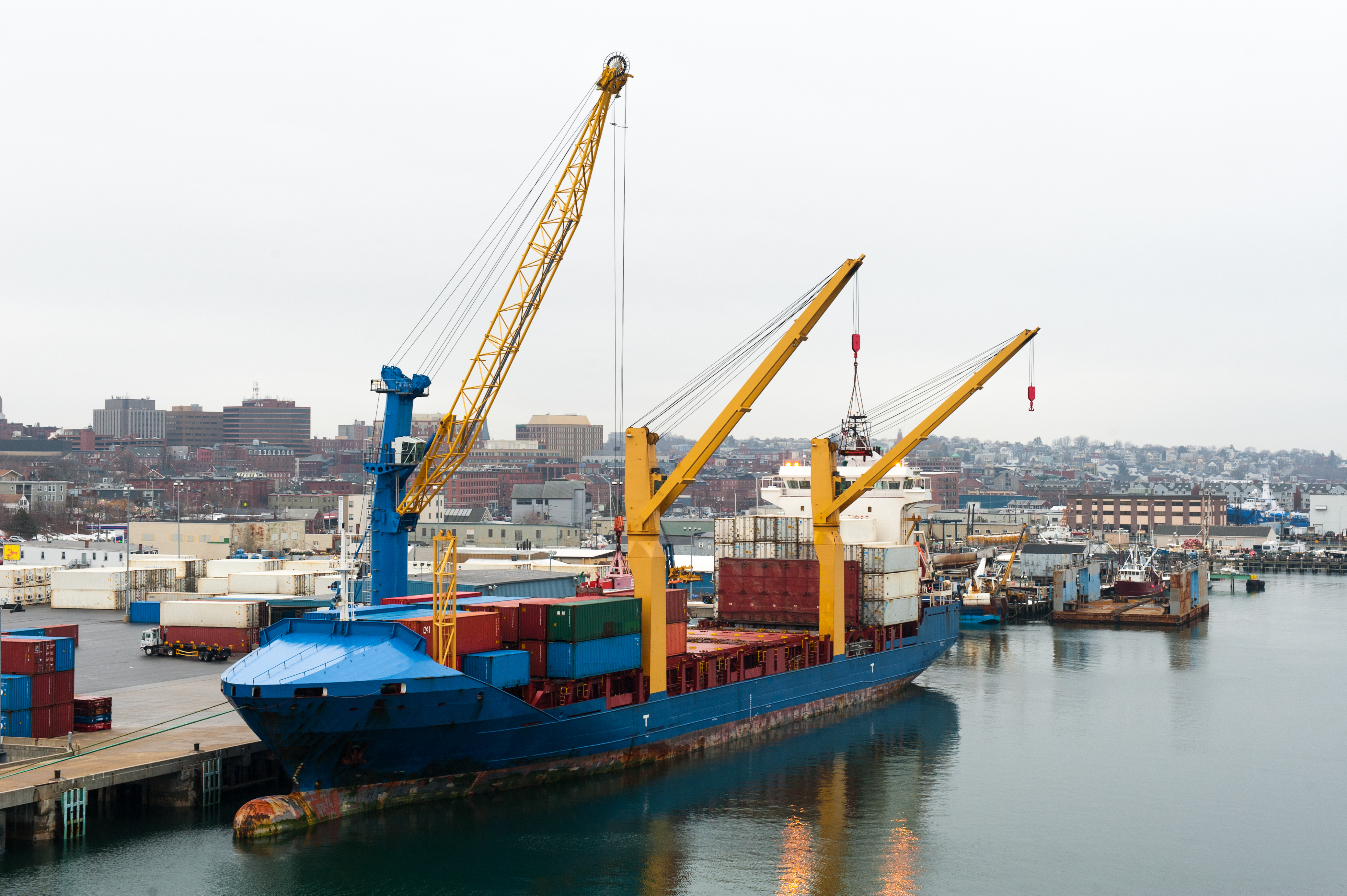Maine meeting brings Arctic Council far south of the Arctic Circle

Since 1867, the Arctic in America has been synonymous with Alaska. This week, Washington is hoping that another state can make the case for what is at stake for the country as a whole in the region.
Maine, on the country’s northeastern coast, is hosting this week’s Senior Arctic Official meeting, a closed-door gathering during which diplomats discuss the work of the work of the Arctic Council.
The meeting is the only full meeting during the 2015-2017 US chairmanship that will take place outside of Alaska. Doing so, says David Balton, the American diplomat currently leading the organisation, the decision is in keeping in line with Washington’s goals.
“The chairmanship has brought a lot of attention with it,” Balton told an audience in Portland, Maine’s largest city, on Tuesday. “Bringing the Arctic Council to the state of Maine makes people aware of why they should care about the Arctic.”
Climate and foreign policy are two reasons why Washington would like Americans outside Alaska to take a greater interest in the region. For Maine, there has been a third reason for its successful pivot towards the north over the past three years: economic opportunity.
In 2013, Eimskip, an Icelandic shipping firm, moved its North American port to Portland, from Norfolk, Virginia. In addition to the immediate benefit of more activity on Portland’s waterfront, it has also given the state an outlet for shipping its goods on a trade network that includes Europe and now Greenland.
“In the bad old days,” says one official, “Maine moaned about having a poor economy and pointed to its position at the end of the line in the state’s north-eastern corner. Today, it sees itself as the jumping off point. This is something they have done by selling themselves as the last stop on the East Coast before a number places, not just the Arctic.”
Maine’s connection in the region, reckons Sen. Angus King, one of the state’s representatives in Washington, is likely to grow as global warming makes it increasingly possible to sail the Northwest Passages.
“We’re the book end with Alaska. We’re the other end of the transit route,” he says.
The successful voyage of the Crystal Serenity, a luxury liner that called on Maine as one of the final stops on its voyage through the Northwest Passages this summer, shows that tourism is already taking hold, he says.
Trade, and the prosperity that would bring, King believes, cannot be far behind.